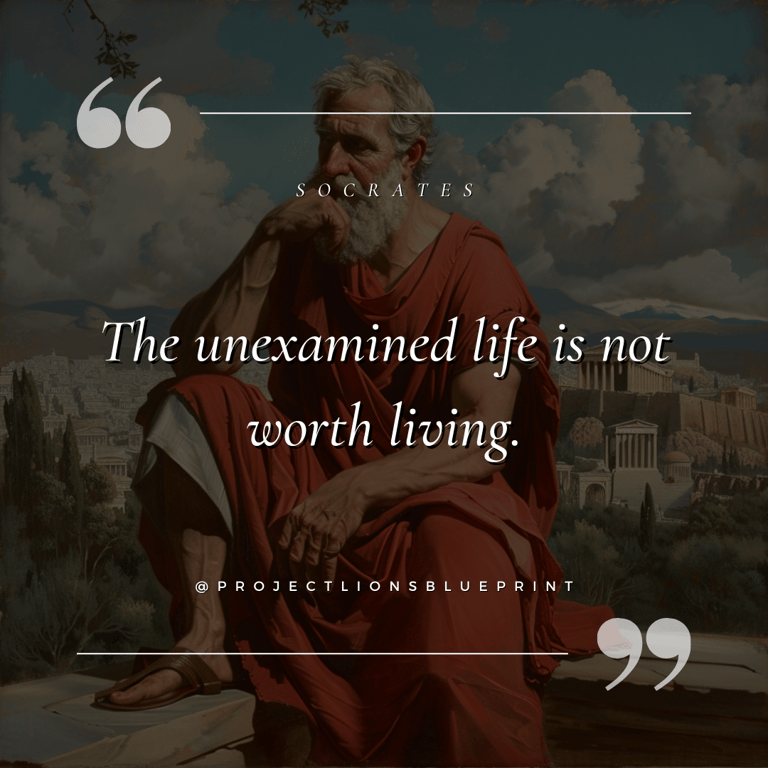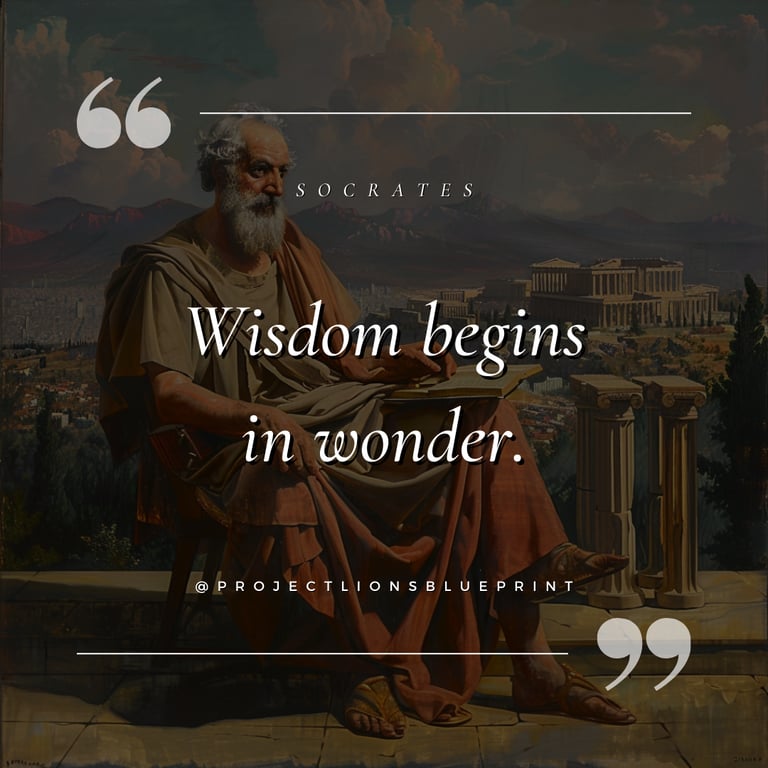
Words That Shift Perspective. Action That Changes Lives.
We empower growth-minded people to transform their mindset and life by sharing impactful quotes, blog articles, and digital tools that support better health, wealth, and relationships.
Inspiring, Uplifting, Transformative, Supportive, Empowering
★★★★★
Welcome to Project Lion’s Blueprint
Guiding you to strength through self-discipline, inner growth, and honest reflection. This isn’t about comfort, it’s about becoming who you were meant to be.


Get in Touch


We'd love to hear from you! Reach out for support, collaboration, or to share your journey.
Gallery


Inspiration through visuals of self-care and personal growth.






